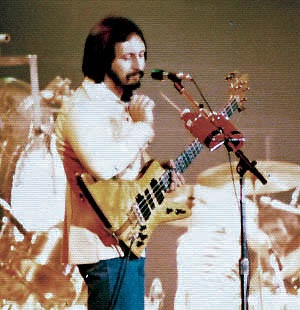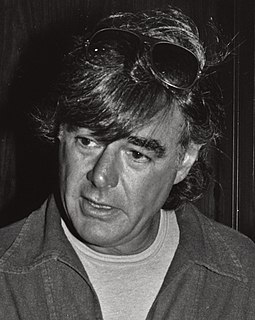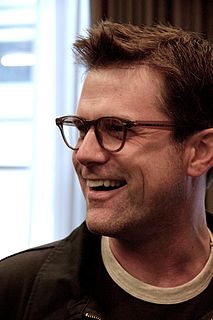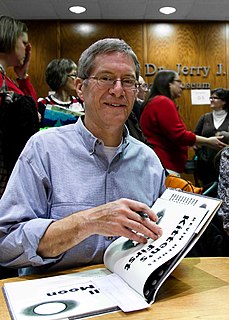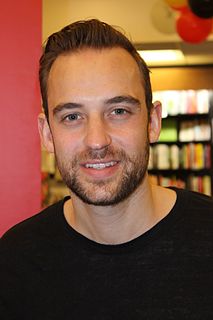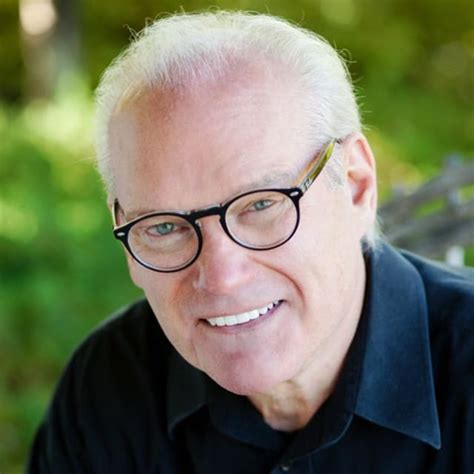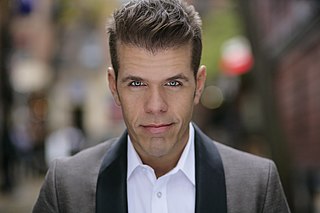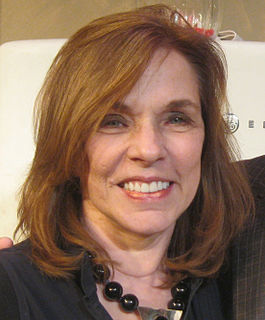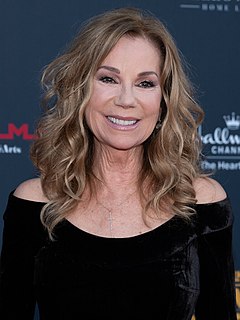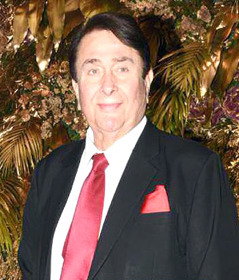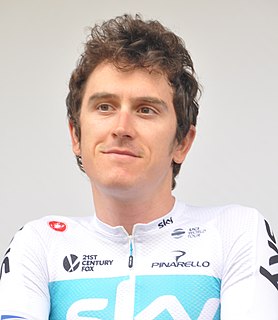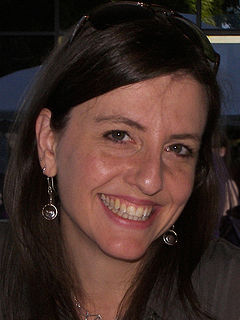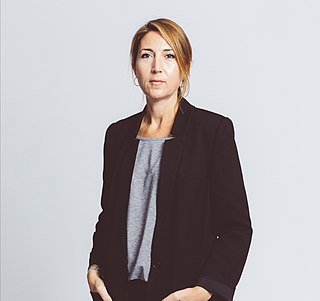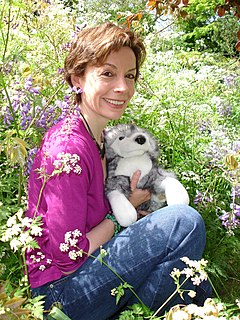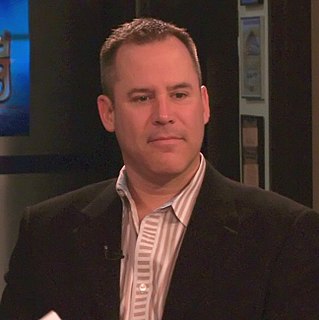Top 1200 Writing A Book Quotes & Sayings - Page 7
Explore popular Writing A Book quotes.
Last updated on April 21, 2025.
I am not sure I knew what I was doing, writing an "apocalypse" novel, when I started this book. Now that the book is done, I can own that I have in fact written an apocalypse novel, one that speculates on a dark, dark future. Why I did it, I really don't know - every time people read my work they comment on its darkness, its sadness.
The Hollywood stuff in the book tended to come later. I think it was because I was worried about leading with that stuff. I wanted to try to make sure that the other stories in the book were as interesting. I wanted to spend more time on them and craft them. The thing is, with writing, it's form or content.
I spent many years writing and directing in radio drama, so I am comfortable with an audience or a microphone, but I do worry about the blurring of an author's public persona with the work itself. A good 'performer' can make a mediocre book sound strong, and a shy author can leave listeners missing the excellence of his or her writing.
You've got to be a good reader. So whatever genre that you're interested in, read a lot of books about it and it's better than any kind of writing class you'll ever take. You will absorb techniques and then in a lot of cases you can just start writing using the style of the book or the author that you admire and then your own style will emerge out of that. Be a diligent reader and then try to write seriously, professionally and approach everything in writing in a professional way.
When I was writing Dune there was no room in my mind for concerns about the book's success or failure. I was concerned only with the writing. Six years of research had preceded the day I sat down to put the story together, and the interweaving of the many plot layers I had planned required a degree of concentration I had never before experienced.
I had many reasons for writing this book but among them was the hope that every Latino child and adult would find something familiar in it. And my hope is that when they finish reading the book, that they will come away with a renewed sense of pride in our culture and in who we are. We get a lot of strength from that [culture and identity] and we should be proud of it.
If you read a book about school - someone else's book - you always translate it into your own school experiences. It's describing the student: he's bewildered and lost in a large crowd in a university classroom. You'll visualize that from your own experiences. So, everything you know is what you're really writing.
In the books I have written, I have created in my mind a universe. My kids say I have a village in my head and I live in that village, and it's true. When I start writing a book, characters from previous books reappear. All my emotions, my mind, my heart, my dreams, everything becomes connected with a new book, and nothing else really matters.
I'd never put much thought into writing an autobiography before, because while I have this public persona of being extremely confident, I also am extremely filled with self-doubt, worry and insecurity. This book came about because I was trying to sell another book, unsuccessfully, about health and wellness.
Cormac McCarthy is my favorite author in the world. I love him so much. There's one book that informs me more than The Road - it's called Suttree. That book is a huge influence on me. I'm not smart enough to emulate him, but he inspires me. He never infiltrates my writing directly. He writes incredibly intelligently about people that are marginalized.
Writing advice is not the product of an equation. "If you do X, then Y will occur" is false in this instance. "If you name a character John Q. Hymenbreaker, your book will be an instant bestseller" is crazy-talk. Writing advice is not about providing certifiable answers. It is about making suggestions.
Writing a book is about me doing the work to get from the obsessive particular to something that reaches out of that in some meaningful way. It doesn't come easy to me. I really admire people who do it with acuity, but I don't, and for me it takes the process of working on a book for years to do any thinking that I feel accomplishes anything. I don't do it off the cuff well.
When I started writing, the deal was that publishers gave you a grand or two as an advance to buy some sweets, with the promise that they would make a big putsch with your fourth book when you'd built up a bit of a following. But by the time my fourth book came out, previously unpublished authors were the new big thing.
I like that every page in every book can have a gem on it. It's probably what I love most about writing--that words can be used in a way that's like a child playing in a sandpit, rearranging things, swapping them around. They're the best moments in a day of writing -- when an image appears that you didn't know would be there when you started work in the morning.




